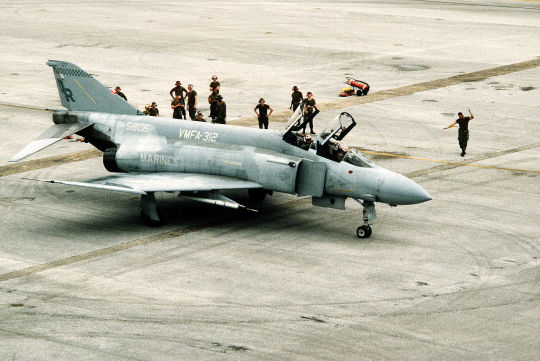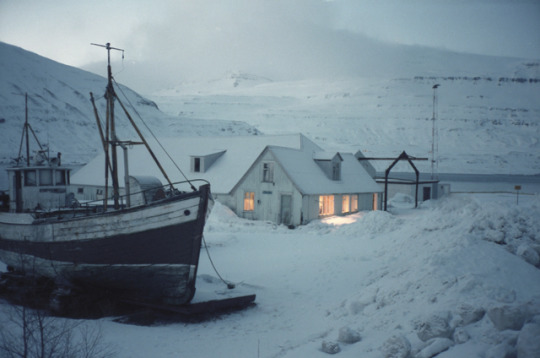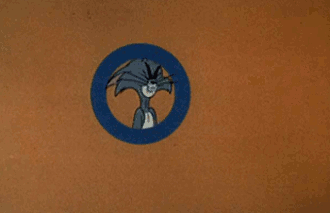24, Welsh and a passion for Military aviation (especially Iranian aircraft), cats, Haribo, Drawing, Firearms and how to train your dragon, over and out.
Don't wanna be here? Send us removal request.
Text

The ′′ Charles de Gaulle ′′ (R-91) is the only French-service aircraft carrier, and the Marine Nationale flagship. It's the tenth French aircraft carrier, and its first nuclear-powered surface vessel, as well as the first non-American nuclear aircraft carrier.
117 notes
·
View notes
Text

Made one of my life goals come true a month ago of buying my own classic car. In this case a 1982 Porsche 944 2.5 Lux. It’s been an interesting experience as I’ve only ever driven modern cars so going to something old has been unusual as I’ve had to sacrifice some modern comforts but it has so much character you just don’t find in cars today. Also has a few electrical and trim issues and some rust spots that need attention but it will all be sorted in due time!
#lifegoals#dream cars#dream car#porsche#porsche 944#944#Porsche 944 2.5 Lux#coupe#two door coupe#1980s car#1980s#retro#old cars
16 notes
·
View notes
Text
Wow the planking meme is a decade old now isn’t it
89K notes
·
View notes
Text
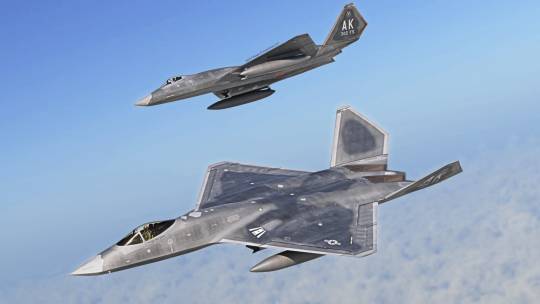
The production version of the Northrop Grumman F-23 Black widow II.
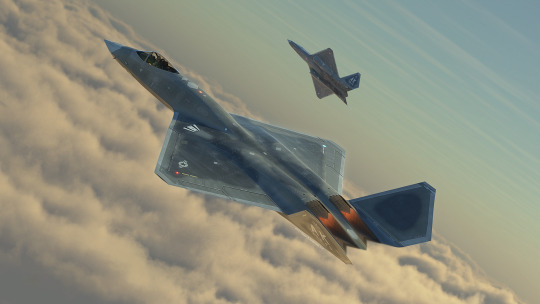
Concept art of "what-if" the USAF had gone with the YF-23 instead of the YF-22.
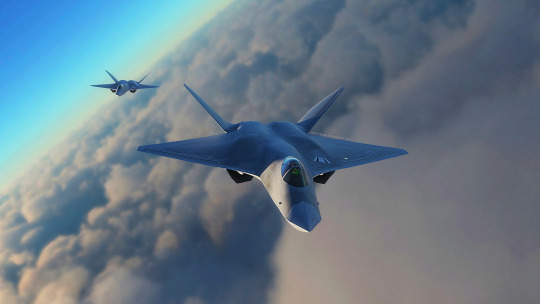
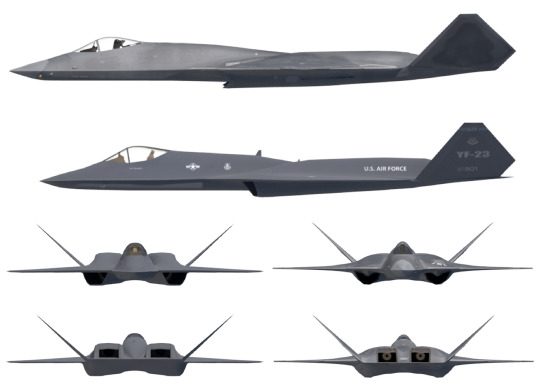
"You will notice that the F-23A would have been longer and more smoothly molded than the prototype technology demonstrator that came before it. The YF-23's big trapezoidal nacelles would become more blended into the F-23's fuselage and its engines would be spaced closer together at slightly toed-in angles. Without the requirements for thrust reversers, which was baked into the YF-23 design but the hardware was never fitted, a more efficient low-observable flap-nozzle could be installed and the flat exhaust troughs would get updated heat-resistant coverings."

"The F-23's nose would be redefined to accommodate a powerful active electronically scanned array (AESA) radar and its intakes would be drastically changed. Gone was the innovative but high-risk 'gauzing panels' that worked to separate turbulent boundary layer air from entering serpentine intakes. In their place was a diverterless supersonic intake-like configuration similar to what is seen today on the F-35 and J-20, among other aircraft. The intake leading edges would be serrated as well, giving them a menacing look and enhanced low-observable properties."


The F-23's boat-tail would also be simplified, with a simpler overall 'w' shape, with the additional indentures found on its YF-23 predecessor deleted. The F-23A's weapons capacity was expanded and offered more relevant weapons storage than the single bay found on the YF-23. The bays were arranged to carry a pair of AIM-9 Sidewinders in the front bay and four to five AIM-120s in the rear bay. Air-to-ground munitions could also be carried, including much larger weapons than what the F-22 is capable of carrying today due to the greater depth of the F-23's rear weapons bay."
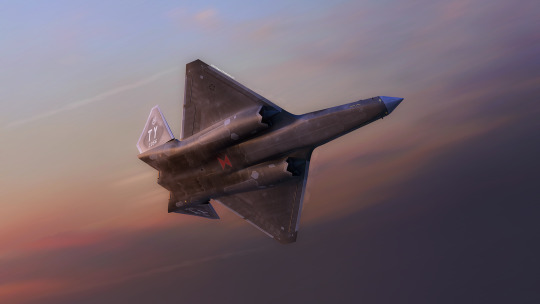
"Beyond being more refined, the F-23A is a narrower and somewhat elongated design iteration of the YF-23, which would have likely helped improved its already blistering kinematic performance and excellent radar cross-section metrics. But still, as you can see in the scaled illustrations below, the F-23 was to be a beast of a fighter that was overall larger than the F-22 Raptor—the aircraft that became the end result of ATF competition."

Source
248 notes
·
View notes
Photo



HOW TO TRAIN YOUR DRAGON: THE HIDDEN WORLD 2019, dir. Dean DeBlois
2K notes
·
View notes
Photo
I believe this was from an episode of Dr. Who!

Space Spitfires
116 notes
·
View notes


































